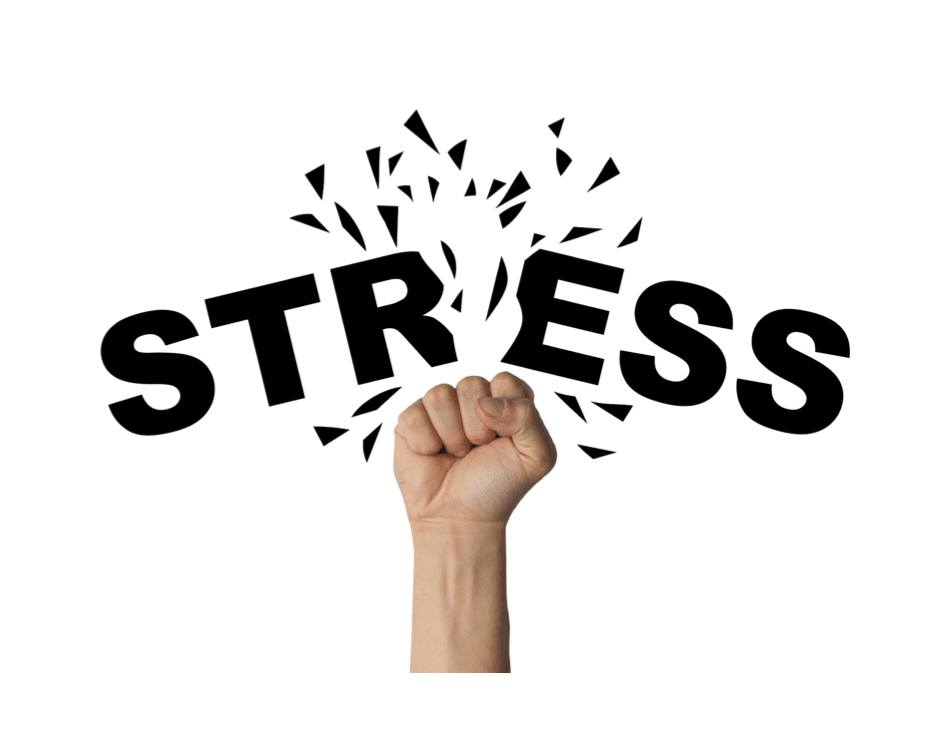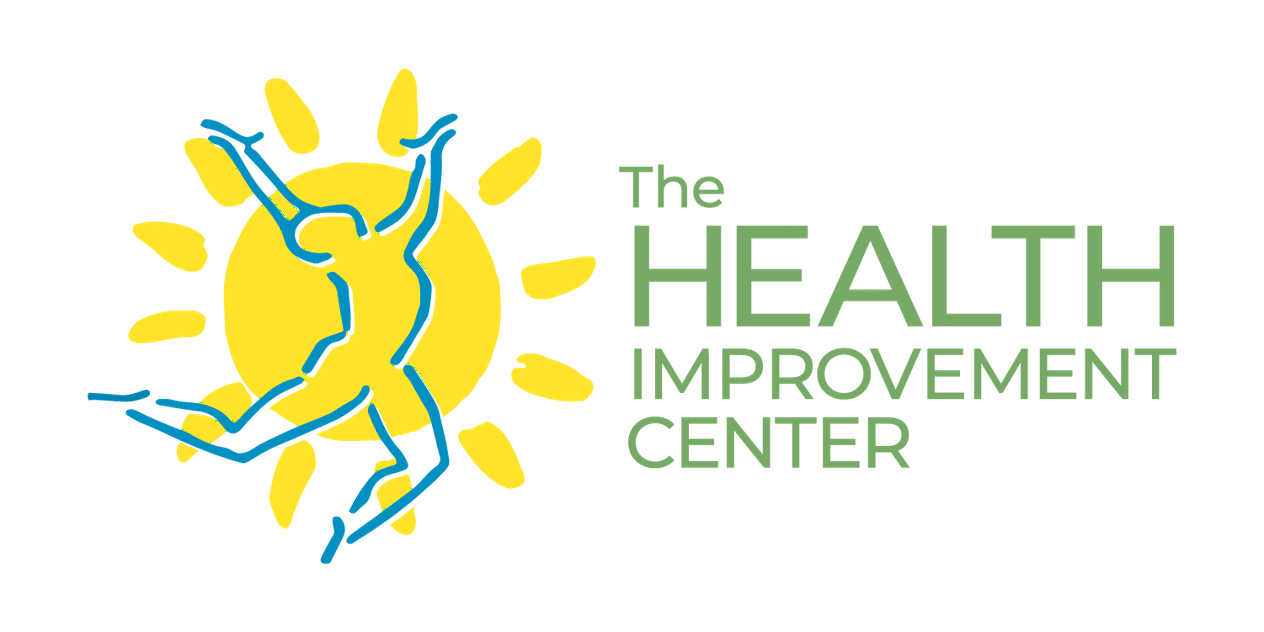
Unlocking the Body’s Wisdom: How I Use Applied Kinesiology to Help Clients Feel Better, Reduce Pain, and Identify Stress in Organs and Glands
When a woman walks into my office, she’s usually exhausted, frustrated, and often confused about why her body feels off. She’s tried diets, doctors, and dozens of supplements. Her symptoms might range from brain fog and fatigue to joint pain, bloating, or even chronic anxiety—and yet, no one has given her real answers.
This is where applied kinesiology becomes one of my most powerful tools.
At The Health Improvement Center, I don’t just chase symptoms. I use the body’s own built-in feedback system to get to the root of the problem—and applied kinesiology (AK) is the language I use to listen.
What Is Applied Kinesiology?
Let’s clear this up first. Applied kinesiology (AK) is not the same as standard muscle testing used in physical therapy or sports science. AK is a form of functional neurology and biofeedback that uses specific muscle tests to evaluate how your body’s nervous system is responding to physical, chemical, and emotional stress.
In simpler terms: it’s a way to ask the body questions and get real-time answers—without needles, scans, or guesswork.
AK was developed in the 1960s by Dr. George Goodheart, a chiropractor who discovered that muscle strength could be influenced by organ stress, nutritional imbalances, or emotional issues. Since then, it’s evolved into a clinical assessment tool used by doctors, chiropractors, and natural health practitioners across the world.
How Does It Work?
Applied kinesiology starts with the idea that every organ and gland is connected to a specific muscle group via the nervous system and meridian pathways (yes, the same ones used in acupuncture).
Here’s a simple example: the psoas muscle (deep in the abdomen) is linked to kidney function. If that muscle tests weak during AK assessment, it may indicate the kidneys are under stress—possibly from dehydration, electrolyte imbalance, or even emotional fear (the emotion most closely tied to kidney energy in Chinese medicine).
Using this information, I can:
-
Identify which organs or glands are under stress
-
Determine whether the cause is physical (like misalignment), chemical (like a food sensitivity or deficiency), or emotional (like trauma or chronic stress)
-
Test specific remedies—nutritional, structural, or lifestyle-based—to see which ones strengthen the body’s response
Think of it as tuning into the body’s internal GPS system to figure out where the “roadblocks” are—and how to clear them.
What a Session Looks Like in My Office
When a client comes in for an assessment at The Health Improvement Center, I begin with a full intake: health history, symptoms, lifestyle, and goals. But from there, I go deeper with AK.
We start with muscle testing—usually the deltoid or another easy-to-isolate muscle. I gently apply pressure and look for consistent resistance. Then, I introduce stimuli: touching reflex points, introducing nutrients, or asking the body about specific organ systems.
This is not about brute strength—it’s about how the nervous system is firing. A “weak” muscle test doesn’t mean you’re weak—it means that connection is stressed. Once we identify which areas of the body are not responding optimally, we can create a personalized plan to bring everything back into balance.
I often combine AK with chiropractic adjustments, nutritional support or detox protocols. It’s all about the body’s priorities—not mine.
Common Conditions I Use AK For
Here are just a few of the ways I use applied kinesiology to help women reclaim their health:
1. Chronic Pain
Pain is a signal, not a diagnosis. Whether it’s neck tension, migraines, or knee pain that “just won’t go away,” AK helps me identify whether the root is structural, inflammatory or nutritional. For instance, jaw tension might actually be related to adrenal stress or liver overload. Once we identify the stressor, the pain often resolves with far less effort than you’d expect.
2. Hormone Imbalance
Using AK, I can assess the health of glands like the thyroid, adrenals, ovaries, and liver (which plays a key role in hormone clearance). It allows me to go beyond blood tests and ask: What does your body need right now to rebalance naturally?
3. Digestive Issues
Bloating, constipation, or food sensitivities often tie back to deeper dysfunction—like poor enzyme production, gallbladder stress, or small intestinal imbalances. With AK, I can pinpoint what organ is crying out for help and test natural remedies to support it.
4. Fatigue and Brain Fog
These are usually symptoms of system overload. Is it adrenal burnout? Blood sugar dysregulation? Toxicity? AK helps me narrow it down in minutes.
5. Unexplained Symptoms
Many of my clients have been told, “Everything looks fine,” despite feeling awful. AK gives us a map that bloodwork often misses. I’ve helped clients uncover hidden infections, detox burdens, unresolved traumas, and even subtle nutrient imbalances that made all the difference.
Why I Trust the Body Over Lab Reports
Lab tests are great tools—but they’re just a snapshot. They can’t always tell me how a body is functioning in real time or what it needs to shift into healing mode.
AK allows me to interact with the body dynamically. It’s the closest thing we have to biofeedback without machines. When used correctly, it’s precise, personalized, and incredibly empowering.
And here’s the kicker: the body doesn’t lie. It doesn’t care what you think is the issue. It tells us what’s actually going on, beneath the surface.
The Organ-Meridian Connection: A Deeper Look
Here are a few fascinating examples of how I use the organ-muscle connection to decode stress:
-
Liver – Associated with the pectoralis major muscle. Often stressed by poor detox pathways, sugar, alcohol, or hormonal congestion.
-
Adrenals – Linked to the sartorius and gracilis. When these muscles test weak, I often find chronic stress or electrolyte depletion.
-
Thyroid – Associated with the sternocleidomastoid and upper trapezius. Weakness here can signal metabolic imbalance or even emotional overwhelm.
-
Small Intestine – Tied to the abdominals. Weakness can point to malabsorption, leaky gut, or food intolerance.
When I combine AK testing with your symptoms, your story, and your goals, it creates a roadmap for targeted healing—one that’s unique to you.
Is Applied Kinesiology Scientific?
This question comes up a lot. AK isn’t always well understood by conventional medicine, largely because it challenges the standard “lab-based” model of diagnostics.
But here’s the truth: AK is based on the body’s neurological responses, which are measurable, observable, and reproducible when performed by trained practitioners. It draws from anatomy, physiology, chiropractic, acupuncture, and clinical nutrition.
And the best proof? The results. I’ve seen women go from chronic suffering to radiant health—just by listening to what their body was trying to say all along.
The Bigger Picture: Healing as a Conversation
Applied kinesiology isn’t a magic trick. It’s a conversation with the body. A two-way dialogue where I ask, “What do you need to heal?”—and your body answers.
Sometimes the answer is nutrition. Sometimes it’s structural support. Sometimes it’s a detox.
Whatever it is, AK helps us find it faster, with less guesswork—and more lasting results.
Final Thoughts
If you’ve been struggling with symptoms that just won’t go away… if you feel like you’ve “tried everything” and still don’t feel like yourself… or if you just want to understand your body more deeply—applied kinesiology can be a game-changer.
At The Health Improvement Center, I use it every day to help my clients reconnect with their body’s wisdom and restore function naturally. It’s subtle, it’s powerful, and it works.
If you’re curious whether AK can help you, I invite you to schedule a consultation. Let’s tune into what your body has to say—and help you feel like you again.
Phone
Address
10006 Carrington Pl, Manassas, VA 20109
Hours
Monday 9am to 1pm
Wednesday 9am to 2pm and 4pm to 7pm
Friday 9am to 2pm and 4pm to 7pm
Saturday 9am to 1pm
Disclaimer – Privacy Policy – Terms and Conditions|©Copyright 2023. All Rights Reserved.
